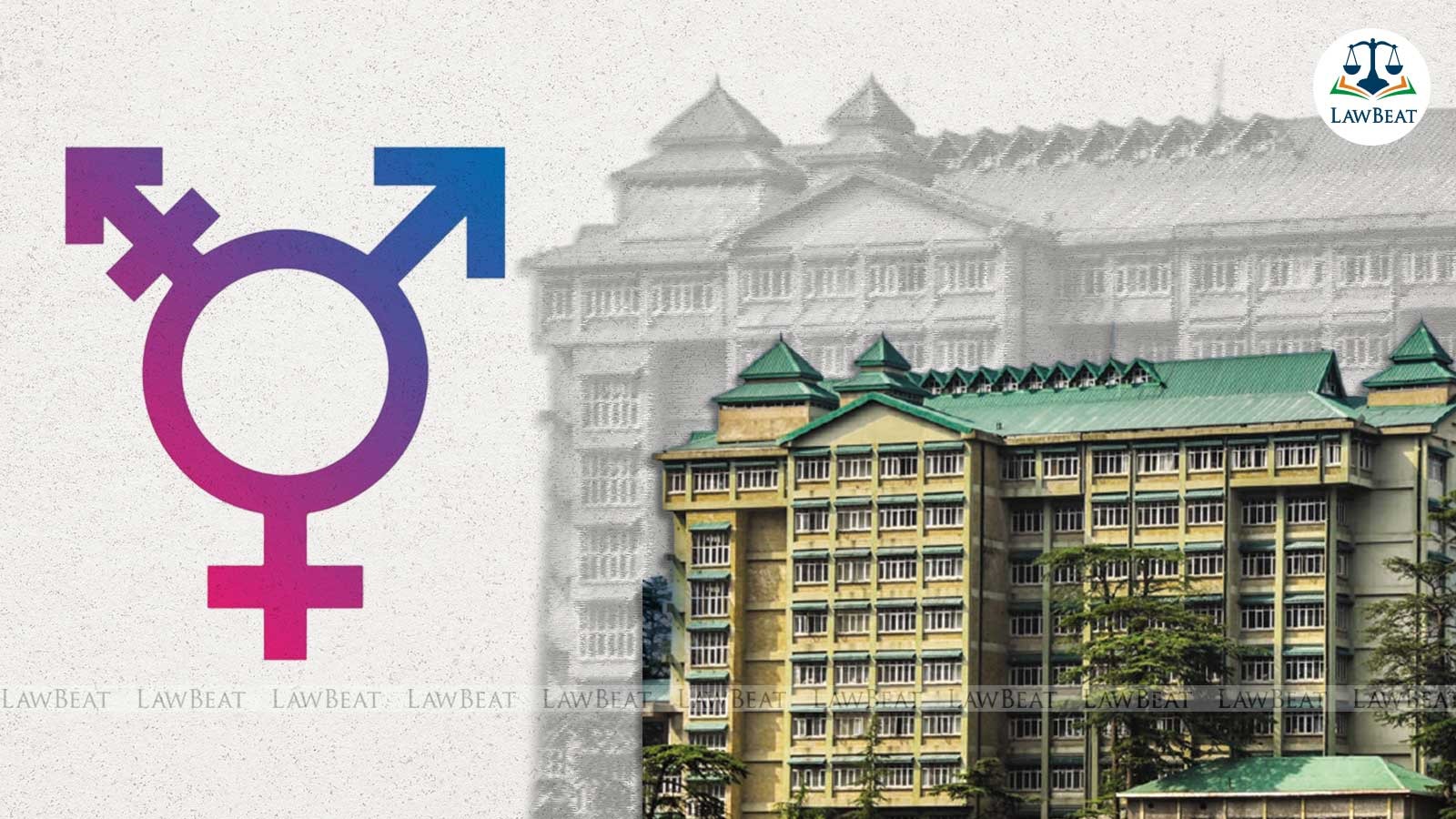Transgenders Cannot Invoke Rape on False Promise of Marriage Provision, Section 69 of BNS Applicable Only to Women : Himachal Pradesh HC

The court was hearing a bail plea filed by a man accused of sexually exploiting a transgender individual under the false pretext of marriage
The Himachal Pradesh High Court, in a recent ruling, clarified that Section 69 of the Bharatiya Nyaya Sanhita (BNS), 2023, which penalises sexual intercourse on a false promise of marriage, can only be invoked if the complainant is a woman, excluding transgender persons from its purview.
The court, presided over by Justice Sandeep Sharma, held that transgender individuals cannot invoke the provisions of Section 69 of the BNS, as this provision is applicable exclusively to women, as defined under the BNS, and not to transgender persons. The court noted : “Bare perusal of afore provision of law…suggests that aforesaid provision of law can only be invoked if complainant is a woman.”
The case arose from a complaint lodged by the victim, a transgender person, on July 18, 2024, at the Women Police Station in Baddi, District Solan, Himachal Pradesh. The victim alleged that she had met the petitioner, Bhupesh Thakur, during the COVID-19 lockdown through Facebook. The victim claimed that despite being informed of her transgender identity from the beginning, the petitioner insisted on marrying her. The victim alleged that after the lockdown was lifted, the petitioner took her to various religious places and assured her of marriage by applying sindoor (vermilion) on her forehead. Further, the victim contended that she underwent sex reassignment surgery at AIIMS, Delhi, on the insistence of the petitioner and his family, who later reneged on their promise of marriage. The petitioner’s family allegedly arranged for his marriage with another person, prompting the victim to seek legal action.
An FIR was registered under Section 69 of the BNS and Section 18(d) of the Transgender Persons (Protection of Rights) Act, 2019. Before his arrest, the petitioner sought interim bail, which was granted by the court on August 14, 2024. Senior Advocate Ajay Kochhar, representing the petitioner, argued that Section 69 of the BNS is inapplicable in this case, as the provision explicitly applies to "women" and not to transgender individuals. He further argued that any legal action against the petitioner should be under Section 18(d) of the Transgender Persons (Protection of Rights) Act, which prescribes a maximum punishment of two years. The petitioner also contended that the victim's claims about undergoing sex reassignment surgery were not substantiated by medical evidence. It was pointed out that the Medical Legal Certificate (MLC) on record showed that the victim had refused a medical examination. Additionally, it was argued that the alleged physical relationship between the petitioner and the victim occurred prior to any surgery and thus did not constitute an offence under Section 69 of the BNS.
Opposing the bail plea, Additional Advocate General Rajan Kahol, representing the State, asserted that the petitioner had been exploiting the victim under the false pretext of marriage despite knowing she was transgender. It was contended that the petitioner should not escape legal action simply because of the victim’s transgender status. It was argued that the victim’s Aadhaar card identified her as female, and thus, the petitioner was rightly charged under Section 69 of the BNS.
After hearing the arguments and reviewing the available records, the court observed that the BNS defines “woman” as a female human being, emphasising that “Transgenders cannot claim themselves to be male or female as they are given separate identity” under the law. Since the victim had identified as a transgender individual, the court concluded that she could not invoke Section 69.
The court further noted that the physical relationship between the petitioner and the victim allegedly occurred before her sex reassignment surgery. “Since under BNS, “woman” and “transgender” have been given different identity and have been defined independently, under Section 2 coupled with the fact that physical relationship inter-se victim- prosecutrix and bail petitioner, if any, was developed prior to surgery of victim-prosecutrix, whereby she allegedly got her sex changed, there appears to be force in the claim of the bail petitioner that he could not have been booked under Section 69 of the BNS,” the court said.
Hence, the application of Section 69 was not tenable. However, the court clarified that the petitioner could still face charges under Section 18(d) of the Transgender Persons (Protection of Rights) Act, which deals with harm or abuse toward a transgender person.
In light of these findings, the court confirmed the interim bail granted to the petitioner. The court, however, reiterated that the guilt of the petitioner is yet to be established and should be determined based on the totality of evidence presented during the trial.
Conclusively, the petition was disposed of, with the court making it clear that any observations made in the order would not influence the trial court's assessment of the case.
Cause Title: Bhupesh Thakur v State of Himachal Pradesh [Cr.MP(M) No.1798 of 2024]
